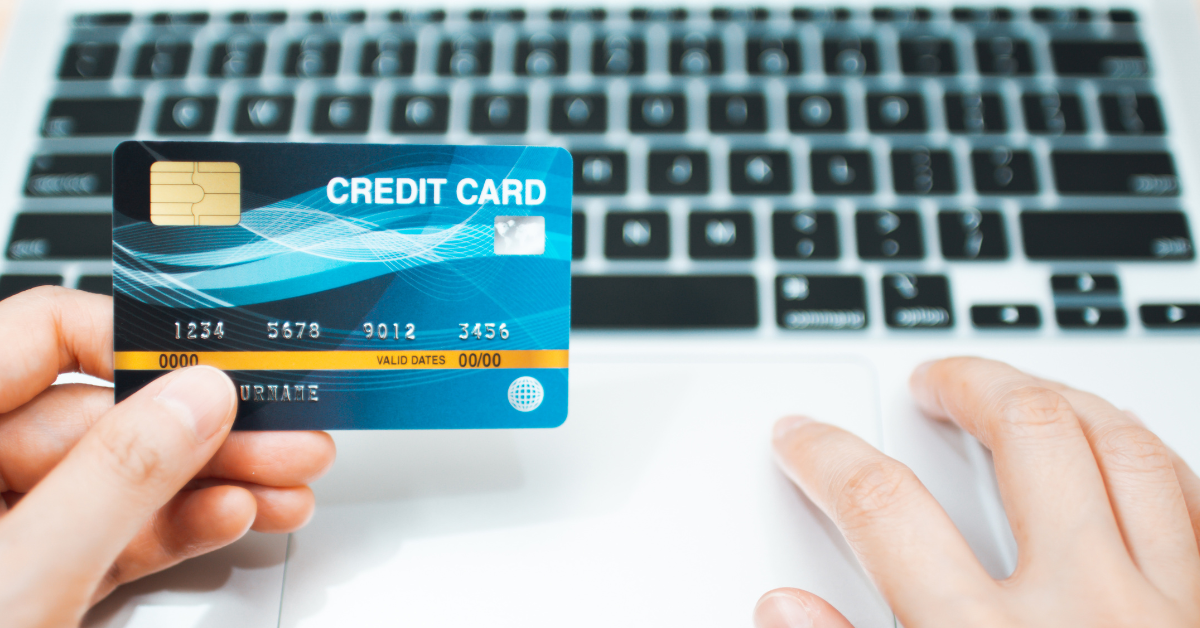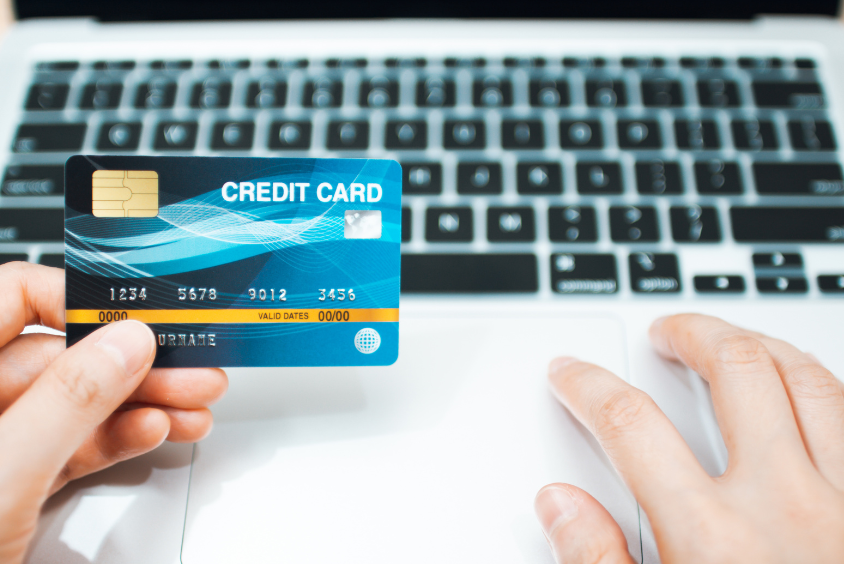In recent times, digital and plastic currency are arguably taking over paper currency and credit cards are a big reason behind this. A credit card can drastically improve your financial situation and offer many benefits and rewards on using it. You can even use the card to build a good credit history and decent credit score with disciplined use and repayment.
However, if you are irresponsible with your credit card usage and do not repay your dues at time, it can be very damaging for you. Your credit score will go down making it difficult for you to get approved for loans and you can even end up in a steep debt trap. It is important to use your credit card diligently and stay under healthy spending limits.
In this article we will talk about certain warning signs showing incorrect usage of a credit card. If you experience any of these, make sure to improve your practices.

High Credit Utilization Ratio
The amount of credit you utilize against your card limit is the credit utilization ratio and you must keep it below 30%. If your ratio is above 30%, lenders will consider you credit hungry, and your credit score will take a hit.
If you regularly spend above 30% of the limit, then you should request the bank to increase your limit or you can apply for another credit card to lower your credit utilization ratio. Utilizing lower amounts will also lead to lower bills and you won’t have to pay a huge amount every month.
Carrying Forward Dues to the Next Month
Some people believe the myth that you can improve your credit history and score by carrying forward your card balance to the next month. This is wrong as your credit utilization will increase month-to-month and you will have to pay more interest.
Most experts say that it is better to keep a low utilization ratio and pay your dues on time instead of carrying them forward to the next month. Your credit utilization ratio and credit score will go up when you stop carrying your due balance forward every month.
Making Just the Minimum Payments
Although it is vital that you repay the minimum amount due on your credit card, some people make it a habit to just pay the minimum amount. This is wrong because credit card interest rates are high, and interest will begin to collect on your outstanding balance.
Just paying the minimum amount will lead to paying a high amount later. Most card issuers will charge high interest on the amount due even after you pay the minimum due amount. If you don’t want to land in a debt trap, avoid the habit of paying just minimum amount due on your card.
Missed or Late Payments
If your late or missed credit card payments go over 30 days, then your credit score can drop down around 100 points. If you keep missing the payments for over 60 or 90 days then the credit score will go significantly down which can land you in a bad situation.
Try not to miss payments for 30 days or more because before 30 days there won’t be a credit score drop because lenders do not report to the credit bureau before 30 days. Also, you will have to pay late payments charges which add up over time. Consider enabling auto-debit payments so that your dues are paid on time even if you forget about them.
Not Reviewing Your Credit Card Statement
It is vital that you go through your credit card statement in a thorough manner and check out every transaction. This will help you take timely action against errors and fraudulent transactions. If you do not review your card bill statement, it is possible that you are charged more than you spent.
Even if you don’t have time to go through the entire statement, make sure to look out for any errors or suspicious charges. Regularly tracking your transactions can help correct incorrect charges and prevent fraud.
Regularly Making Cash Withdrawals
If you regularly withdraw money using your credit card then you are paying double charges for it. The cash withdrawal fee is quite high on most credit cards and you are charged interest on the withdrawn amount as well. These charges can add up quickly and put you in a tricky financial situation. Avoid withdrawing cash through your credit card and do it only in times of emergency as a last resort.
Not Planning Spends in the Interest-Free Period
The period between the date of your transaction with the credit card and the balance due date is the interest-free period that usually lasts from around 15 to 50 days. During this period, your transactions will not accrue interest and you can make your due payment before the interest-free period ends to save money.
Plan your spends, especially big ones, based on the interest-free period so that you can save significant amount of money. If you have multiple cards, you can use their interest-free periods for maximum savings.
Not Using Reward Points Properly
Most credit cards attract customers by offering exclusive benefits and high reward points on making transactions with the card. You can use your reward points in different ways like redeeming them as cashback against your card balance, booking flights/hotels, or redeeming them for products and gift vouchers.
Some people do not have a clear idea about earning these reward points and their expiry. Your reward points may expire before you use them for your benefits. You can lose out on a lot of savings and exclusive benefits if you don’t pay attention to your accumulated reward points.
Bottom Line
Responsible use of a credit card can be very beneficial and helpful to the financial condition of a person, but it can be equally harmful as well if not used properly. Irresponsible, wrong, and unnecessary use of a credit card leads to bad credit score, late or missed payment records, and debt trap.
We discussed some warning signs that show wrong usage of your credit card which can lead to a host of problems. If you are doing any of these wrong things with your credit card usage, it is important to quickly stop and improve upon it. To avoid debt trap and avail maximum benefits from your credit card, make sure to use it responsibly and properly.






